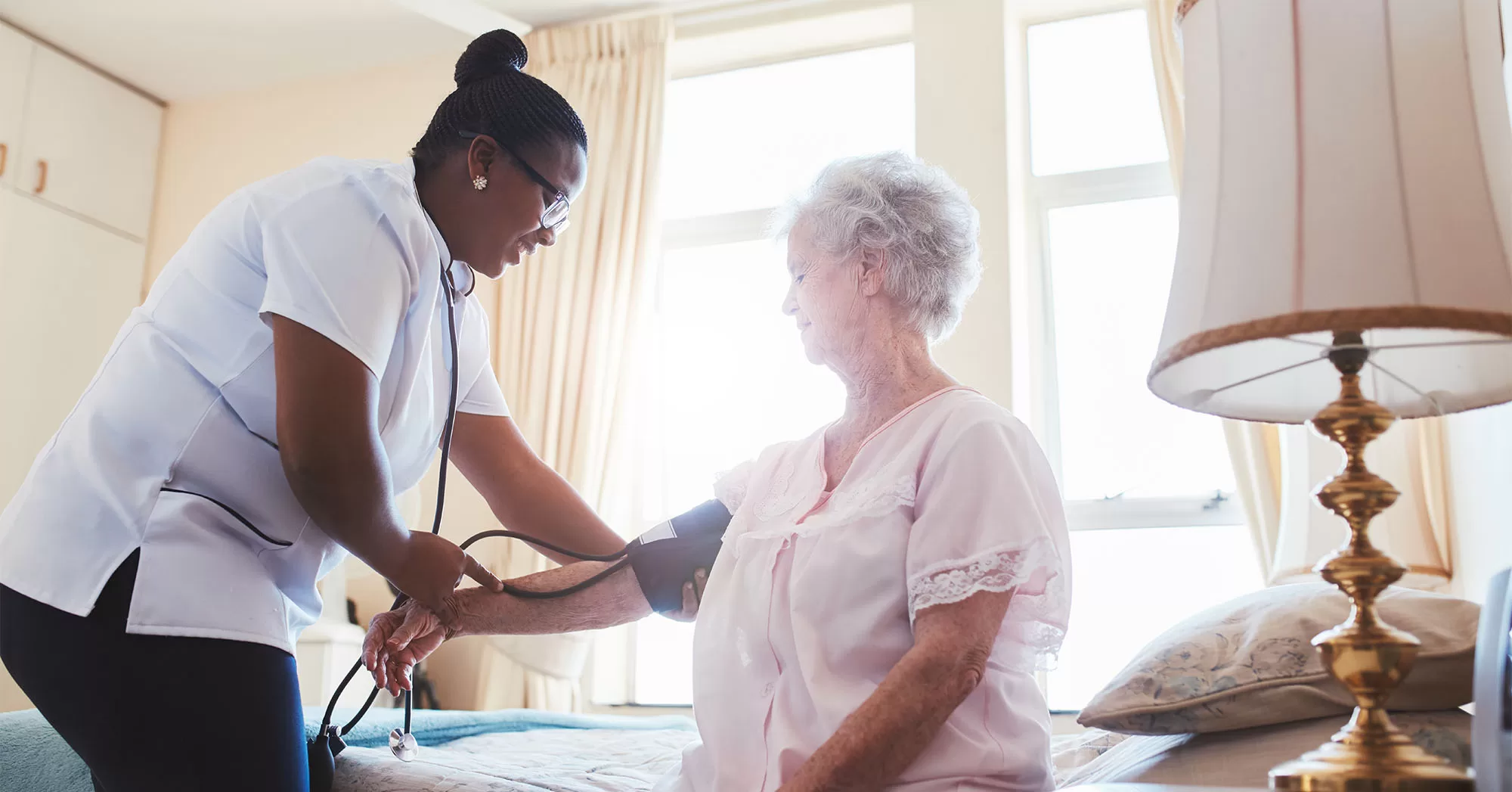Introduction
Public health is the science of preventing disease, prolonging life, and promoting health. While a doctor treats people who are sick, public health workers try to prevent people from getting sick or injured in the first place. Public health also works to limit health disparities. It’s all about how systems like politics, religion, and society affect health outcomes. It also focuses on the promotion of wellness by encouraging behaviors that can prevent health issues. Public health works to improve quality of life, helps people thrive by reducing human suffering, and helps communities save money that would otherwise be spent taking care of the sick.
Public health workers track disease outbreaks, work to prevent workplace injuries, and conduct research on why some people and communities are more likely to suffer from certain health outcomes than others.
Examples of public health-related activities include::
- advocating for laws that promote smoke-free indoor air
- spreading the word about ways to stay healthy
- researching science-based solutions to health problems
Some examples of the many types of public health professionals include:
- first responders
- restaurant inspectors
- health educators
- scientists and researchers
- nutritionists
- social workers
- public health physicians
- public health nurses
- occupational health and safety professionals
- public policymakers
- sanitarians
The Importance of Public Health
A major aspect of public health is promoting health care equity, quality and accessibility. This means working to ensure that all people, regardless of class, race, gender, and other non-medical factors, receive the care that meets their needs. The three core functions of public health are assessment (the research and analysis of health problems), policy development (the creation of laws and regulations designed to improve health outcomes), and assurance (the promotion and provision of public health programs, events, and policy efforts). Public health professionals try to improve health outcomes by performing essential services that align with these core functions. In contrast, clinical professionals like doctors and nurses focus primarily on treating individuals after they become sick or injured.
Some examples of Public Health programs and efforts may include:
- monitoring environmental and health indicators to identify and solve community health problems
- diagnosing and investigating environmental health problems and health hazards in the community
- informing, educating, and empowering people about health issues
- developing policies and plans that support individual and community health efforts.
- enforcing laws and regulations that protect health and promote safety
- linking people to health services
- ensuring a competent health workforce
- evaluating the effectiveness, accessibility, and quality of individual-level and population-based health services and programs
- conducting research to generate new insights and innovative solutions to health problems
Social Determinants of Health
Public Health is not just about disease prevention and treatment. It also has to do with the social determinants of health. In simple terms, the social determinants of health are all of the non-medical factors that play a role in affecting the health of a person or community. This means that we need to consider the conditions in which people are born, grow, live, work, and age when evaluating their health. Addressing the social determinants of health is not only important for improving the overall health of marginalized communities, but also for reducing health disparities that are often rooted in social and economic inequality.
Some examples of the social determinants of health include:
- socioeconomic status–can you afford things like healthy food, medicine, and safe housing?
- education–can you read and write? Formal education is also tied to socioeconomic status and lifetime earning potential.
- neighborhood–Is your neighborhood safe? Does it have things like parks and green spaces that support a healthy lifestyle?
- physical environment–are you located by an environmental hazard such as a landfill or nuclear power plant that can affect your health negatively?
- employment–does your job put you at risk for illness or injury?
- social support networks–do you have people in your life you can count on to help you manage stress?
- access to healthcare–is there a clinic or hospital near where you live? Do you have insurance? Can you pay things like premiums and copays needed to access care?
Many studies suggest that individual-level behaviors, such as smoking status, diet, and exercise, are the primary drivers of health outcomes, and that social and economic factors in turn shape individuals’ health behaviors.
For example, children born to parents who have not completed high school are more likely to live in an environment that poses barriers to health such as lack of safety, exposed garbage, and substandard housing. They also are less likely to have access to sidewalks, parks or playgrounds, recreation centers, or a library. These factors together can influence the health behaviors that an individual adopts, which impacts their long-term health outcomes..
In Conclusion
Public Health Week is a great time to take a moment to understand the ways factors beyond our control have shaped our own health outcomes and those of our communities. Despite the U.S. spending more on healthcare than any other nation, millions of people in the United States still don’t get the recommended preventive health care that might serve to lengthen and improve their lives. The work of public health professionals is critical to the advancement of such health equity, equality, and access efforts. However you choose to get involved this Public Health Week, keep in mind the work that still needs to be done to ensure that people of all backgrounds receive the access they need to preventative care and healthcare services.
Sources:









